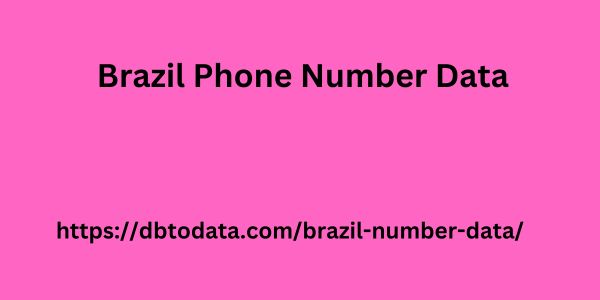|
|
Almost all actions that a person performs while conscious require their cognitive abilities. The quality of how we learn, remember, plan, solve problems, and pay attention to things depends on how well we have developed our cognitive skills. Of course, different actions require different cognitive abilities. Here we have compiled a list of cognitive skills needed for various jobs in many industries. Looking for candidates who stand out in these skills will undoubtedly optimize your selection process and increase productivity in your company. 1. Attention Attention is the cognitive process of filtering out details not relevant to a specific task while focusing on aspects of information that matter. Studies show that a person's overall cognitive performance may be closely related to their ability to control their selective attention and stay on task. In other words, it is important to test a candidate's attention when evaluating her cognitive abilities. But first, we should learn more about the different types of attention as a cognitive function: Sustained attention It refers to the ability to maintain attention for prolonged periods on specific goal-oriented behaviors.
Or, put another way, your ability to maintain sustained attention shows how well you can stay focused on a specific task without your actions losing efficiency. Many companies recognize the value of maintaining focus in the workplace and are looking for ways to control distractions. This is good practice and provides greater productivity, especially when combined with psychometric assessments of cognitive skills. Alternating care It is the ability to quickly change your focus of attention and multitask. The ability to refocus your attention at will is valuable for jobs that require handling more than one task Brazil Phone Number Data simultaneously (and honestly, that's critical for almost all jobs). Alternating attention is usually assessed using multiple-choice tasks or multiple-object tracking tests. Attention to detail The skill of attention to detail is related to meticulousness and precision. It refers to the ability to examine all elements of the task at hand, no matter how minor they may seem. There are two main types of attention to detail: visual and textual. Attention to visual detail refers to your ability to analyze and deal with visual information thoroughly, while attention to textual detail is related to maintaining awareness of all aspects of a text and working with them efficiently.

Regardless of the type, attention to detail is a cognitive skill that plays an important role in most professional fields. Meticulousness always adds to the quality of work, so it is good to implement attention to detail evaluation tools and take into account the behavioral indicators and competency levels of your candidates. 2. Logic and reasoning The ability to use logic is crucial for any industry and job position, from entry-level positions to senior leadership positions. Applying information-based logic to rationally evaluate the situation and decide on a course of action is known as reasoning. If you don't develop your reasoning skills, you won't make effective decisions. In other words, this cognitive skill allows you to weigh the advantages and disadvantages of any decision before making it. Without sound logic and reasoning, you cannot effectively solve problems, verify claims, or manage uncertainty in the workplace. There are different types of reasoning, each of them beneficial in its own way: Deductive reasoning Deductive reasoning uses logic and observations to prove whether an assumption is right or wrong. This type of reasoning is frequently associated with mathematical and philosophical logic.
|
|